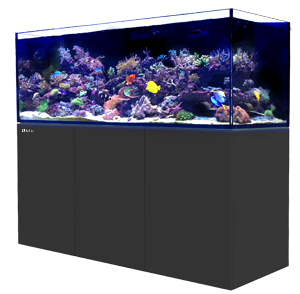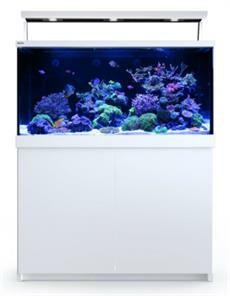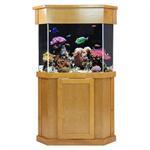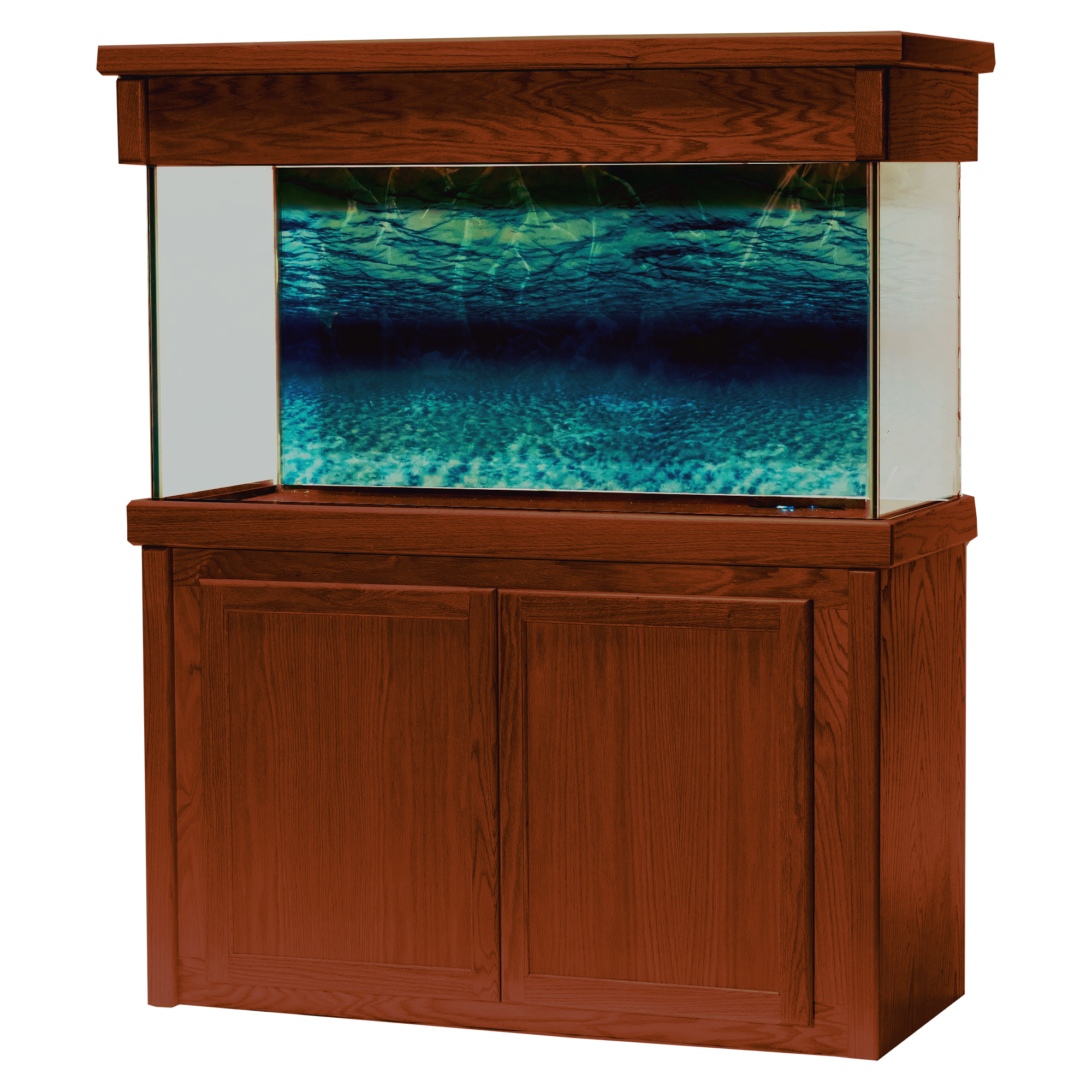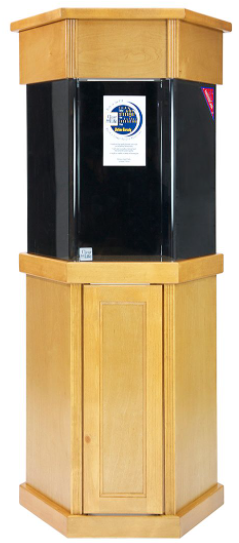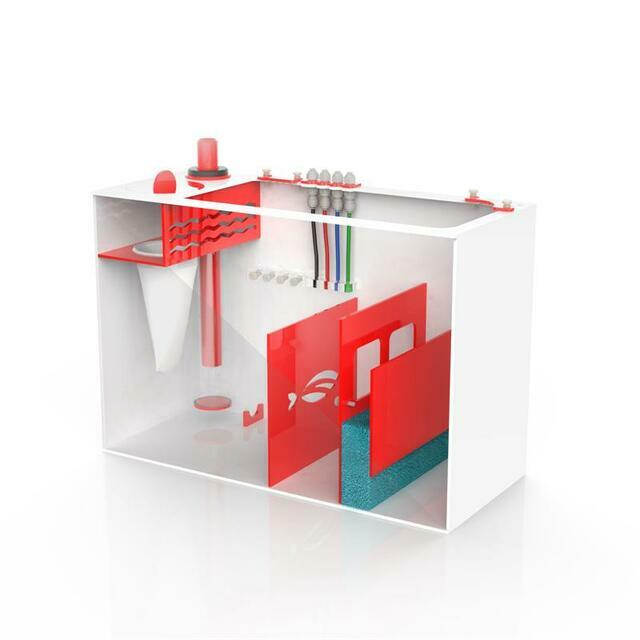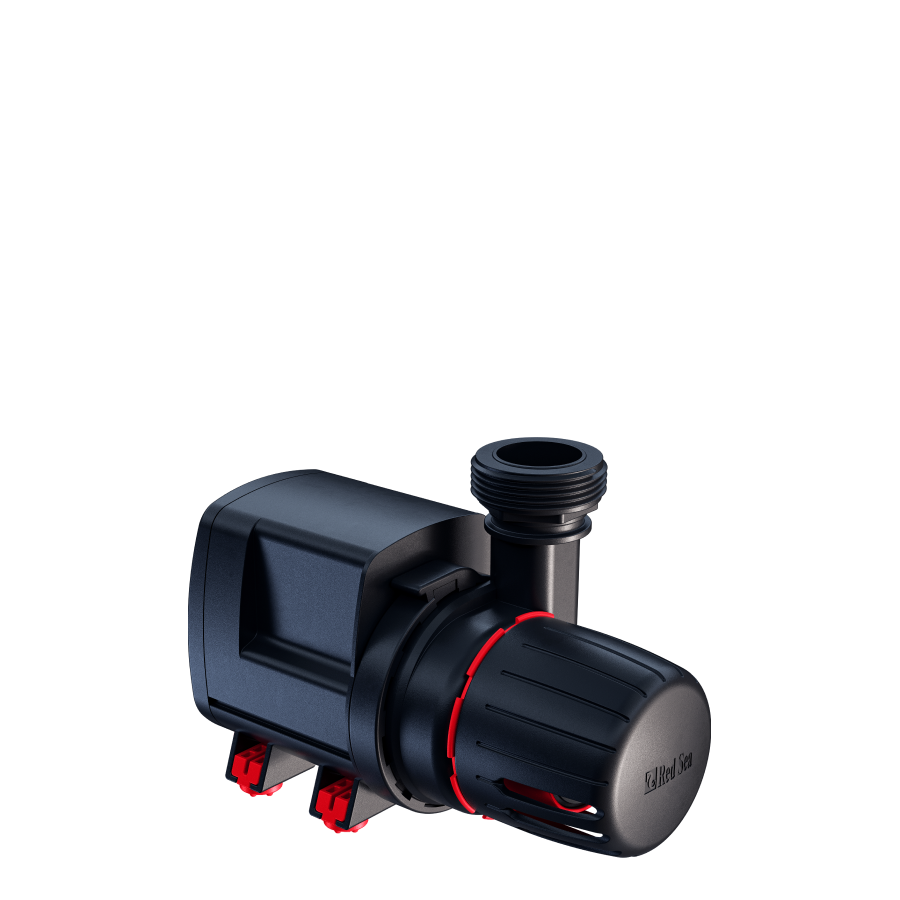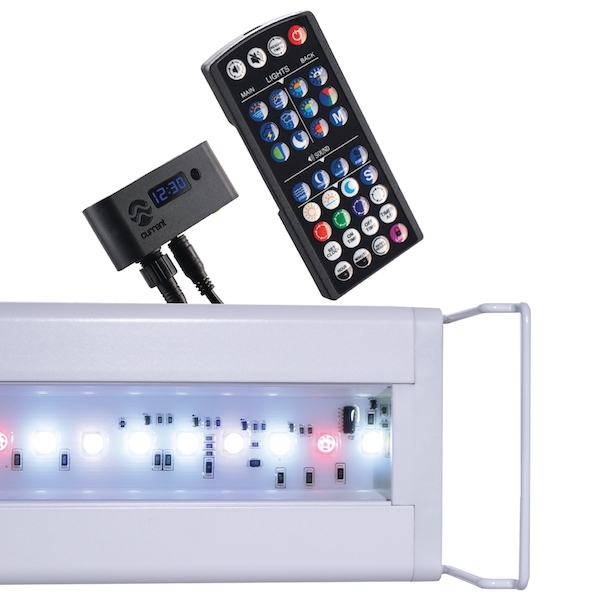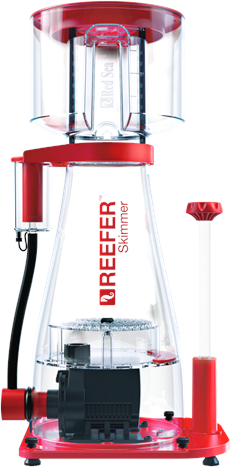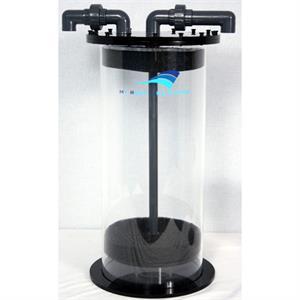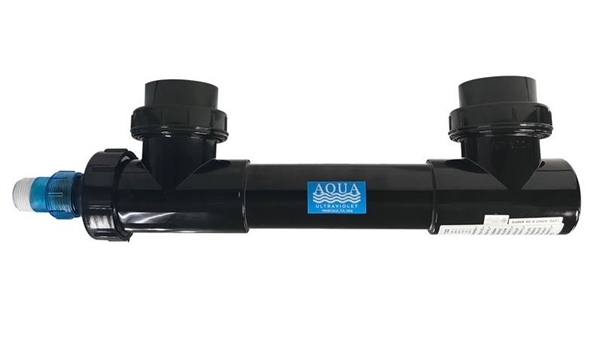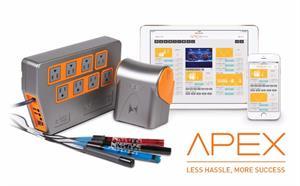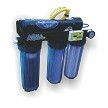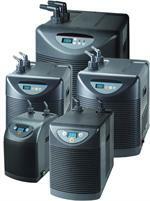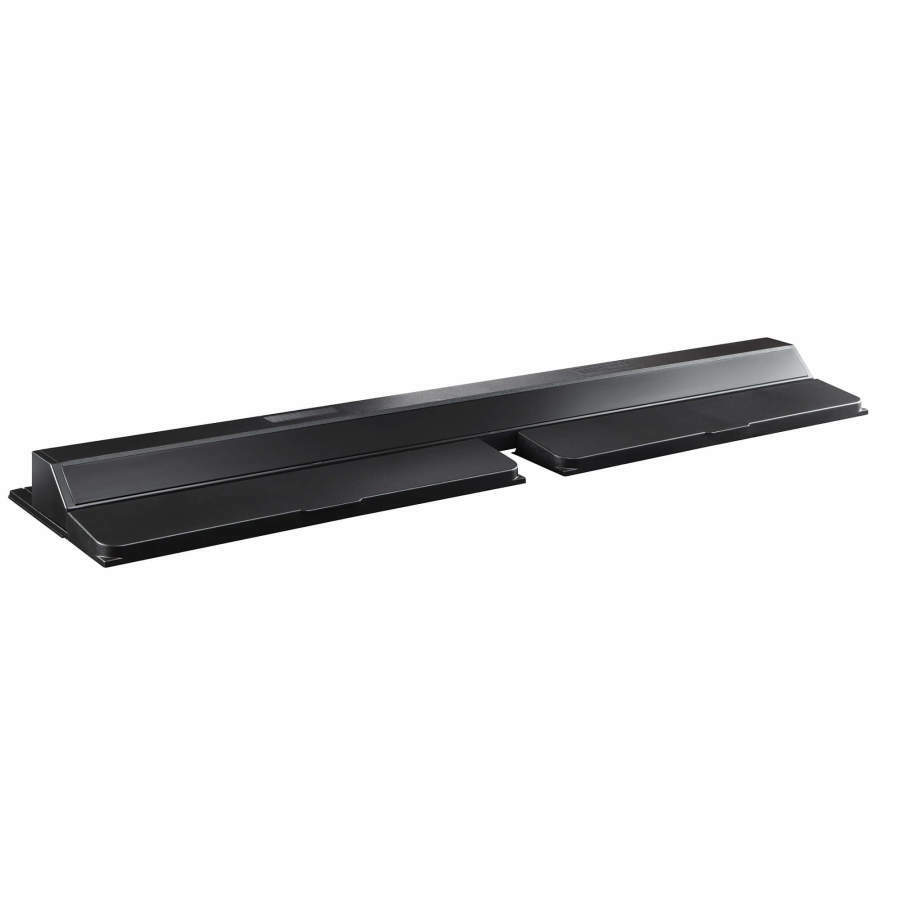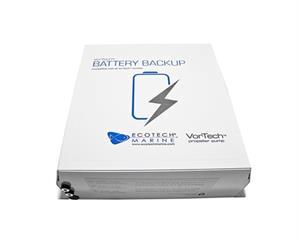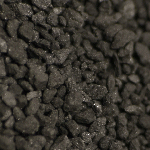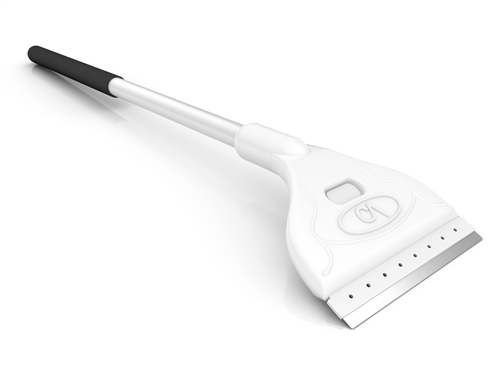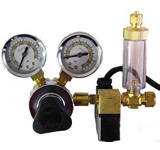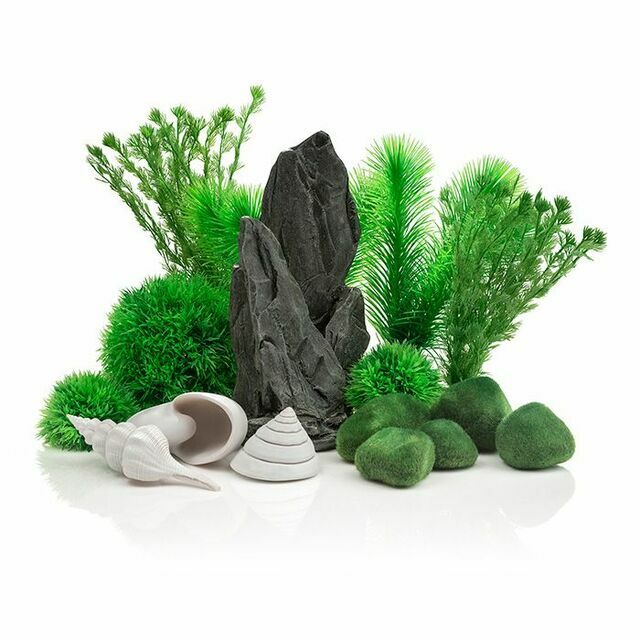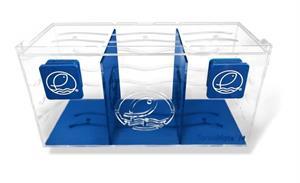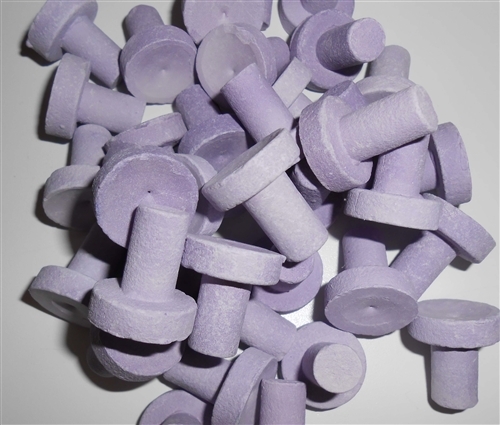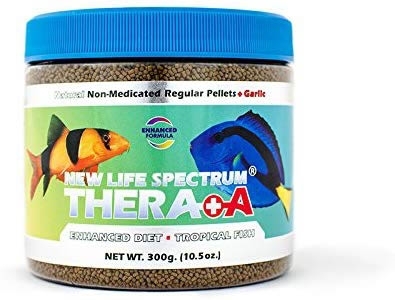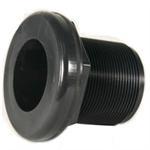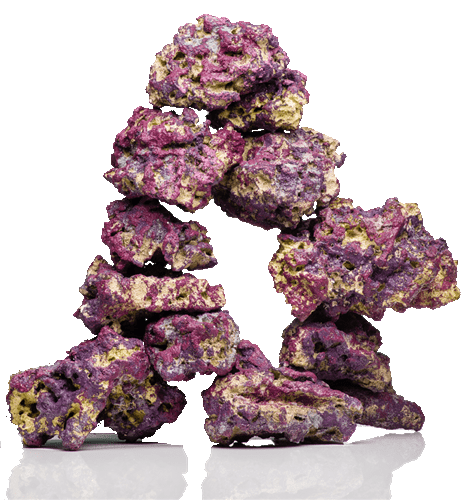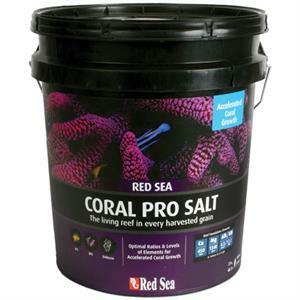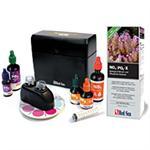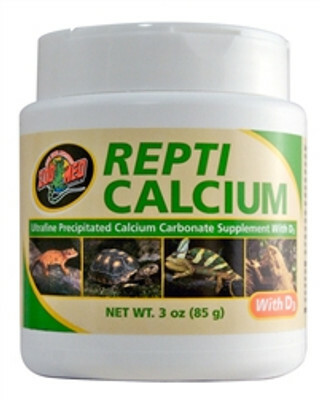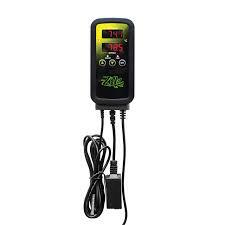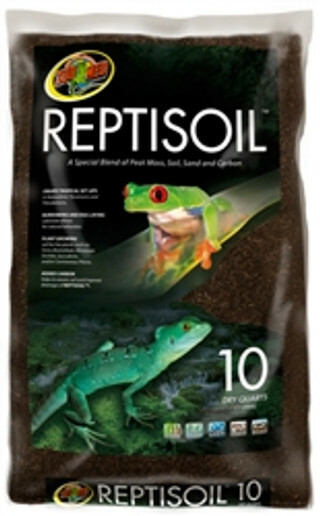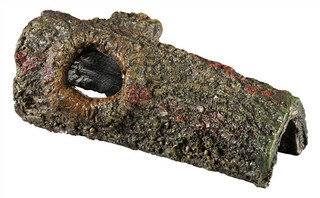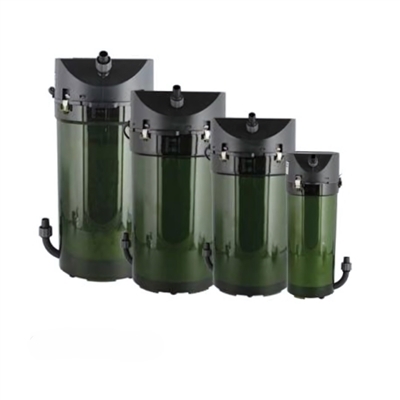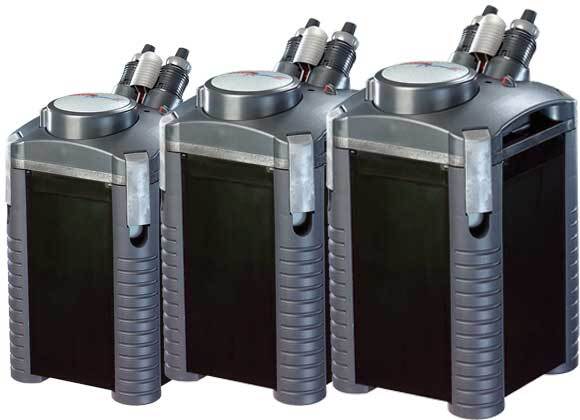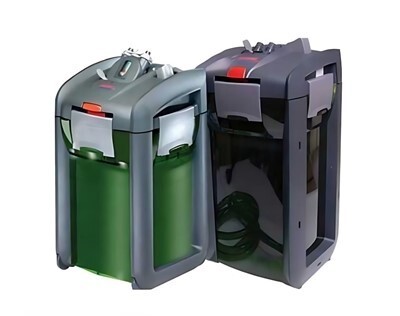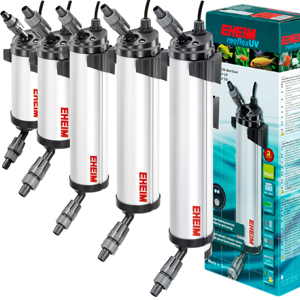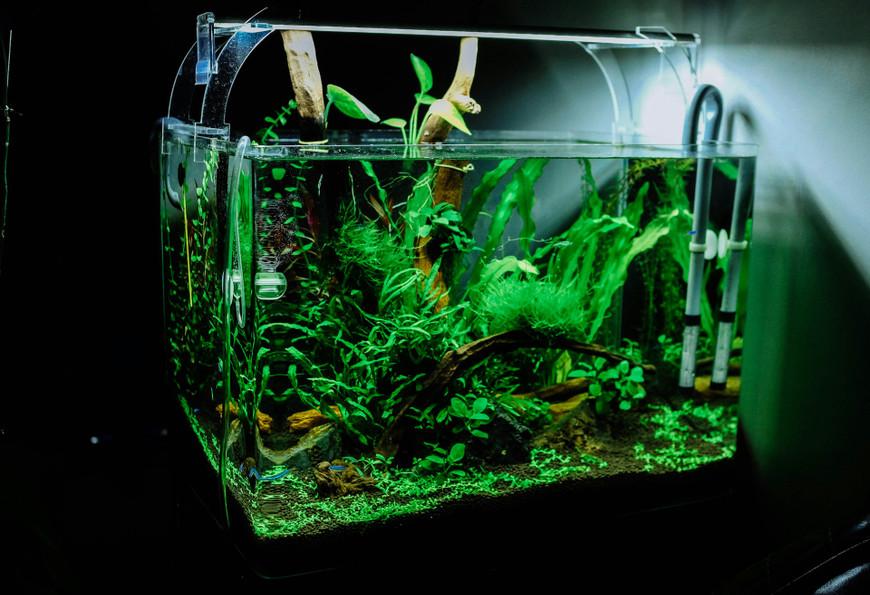Aquarium Water Testing Essentials: How to Achieve and Maintain Optimal Water Quality
Fish Tanks Direct on Apr 25th 2024
A consistently healthy and prosperous aquatic environment is the cornerstone of a successful aquarium, and meticulous monitoring of water parameters remains the invaluable key to unlocking and maintaining this delicate balance. The mastery of aquarium water testing skills, while seemingly intricate, is an indispensable asset for every aquarist's toolkit, ensuring vital insights into optimal conditions for fish, invertebrates, plants, and coral species within your freshwater or saltwater tank.
In this comprehensive guide, we will demystify the complex aspects of aquarium water testing by outlining essential testing parameters, strategies for accurate measurements, and actionable guidelines for addressing fluctuations and imbalances in your tank's water quality. Empowered by this newfound knowledge, you will navigate the intricate realm of water testing with ease, confidently maintaining an environment that nourishes the growth, health, and well-being of your cherished underwater inhabitants.
Essential Testing Parameters: Know What to Measure in Your Aquarium
Embark on your journey toward proficient water testing by familiarizing yourself with the essential water parameters to assess:
1. pH Levels: A critical water quality parameter, pH measures the acidity or alkalinity of the water in your aquarium, with a pH of 7 being neutral and numbers below or above indicating acidity or alkalinity, respectively. Most fish species thrive in a narrow pH range, so closely monitor this vital parameter to maintain a stable, conducive habitat.
2. Ammonia, Nitrite, and Nitrate: Known collectively as the nitrogen cycle, these three compounds must be measured regularly, as they indicate the efficiency of biological filtration and the overall health of your aquatic environment. Ammonia and nitrite should remain at undetectable levels, while nitrate concentration should be kept at a safe, low level.
3. Phosphate: Monitor phosphate levels, particularly in saltwater and planted freshwater aquariums, as excessive phosphates can lead to unwanted algae growth or impede the health and development of corals.
4. Calcium and Alkalinity: These parameters are especially essential in reef aquariums, as proper calcium and alkalinity levels ensure healthy coral growth and development.
Strategies for Accurate Measurements: Tools and Techniques to Trust
Equip yourself with the necessary tools for accurate water testing and measurement:
1. Test Kits: Invest in reputable liquid test kits or dry strip kits that cover essential water parameters. Ensure these kits are suitable for your freshwater or saltwater aquarium and have clear instructions for accurate readings.
2. Electronic Meters: For more advanced testing solutions, consider electronic meters such as pH pens, TDS meters, or handheld colorimeters, providing precise digital readings and greater convenience.
3. Calibration and Maintenance: Regularly calibrate your testing equipment and replace outdated testing reagents to maintain accuracy and reliability in your measurement process.
Addressing Fluctuations and Imbalances: Take Action for a Healthy Aquarium
Identify and address fluctuations and imbalances in your water parameters to maintain optimal water quality:
1. pH Fluctuations: Gradually adjust pH levels using pH buffers or natural means like driftwood or crushed coral, depending on whether you need to raise or lower the pH. Avoid rapid or sudden changes, as these can stress your aquarium inhabitants.
2. Ammonia and Nitrite Spikes: Excessive ammonia or nitrite levels indicate compromised biological filtration. Address this issue by reducing feeding, performing water changes, or adding beneficial bacteria to restore balance.
3. Nitrate and Phosphate Reduction: High nitrate and phosphate levels can be managed through partial water changes, nutrient export methods like protein skimming, or using phosphate-removing filter media or specialized nitrate-reducing products.
4. Calcium and Alkalinity Adjustments: In reef aquariums, use calcium supplements and two-part dosing additives to maintain the proper balance of calcium and alkalinity, ensuring consistency in your water parameters for optimal coral health.
Consistent Monitoring and Maintenance: The Path to Long-term Aquarium Health
Implement a routine of diligent monitoring and maintenance to safeguard your aquarium's water quality:
1. Regular Testing Schedule: Establish a consistent testing schedule, checking essential water parameters at least once per week, or more frequently for tanks with sensitive inhabitants such as coral or discus fish.
2. Track Results: Keep a log of your test results, noting any patterns or fluctuations in your water parameters, and act swiftly if any issues arise.
3. Adjusting Practices: Analyze your aquarium maintenance and feeding practices based on your testing data, refining them as needed to improve water quality or respond to the evolving needs of your growing aquatic ecosystem.
Achieve Aquarium Water Testing Expertise for a Thriving Aquatic Environment
Mastering the art of aquarium water testing allows you to effectively monitor, optimize, and maintain ideal water parameters, curating a flourishing habitat for your freshwater or saltwater aquarium. By attaining proficiency in measuring essential parameters, implementing accurate testing methods, and addressing fluctuations and imbalances, you inevitably cultivate and preserve an exquisitely healthy underwater landscape.
Equip your aquarium with industry-leading water testing solutions designed to help you maintain and achieve the optimal aquatic environment. Browse the comprehensive array of quality water testing equipment and accessories available at Fish Tanks Direct, and embark on your journey to becoming an expert in aquarium water quality management today.

